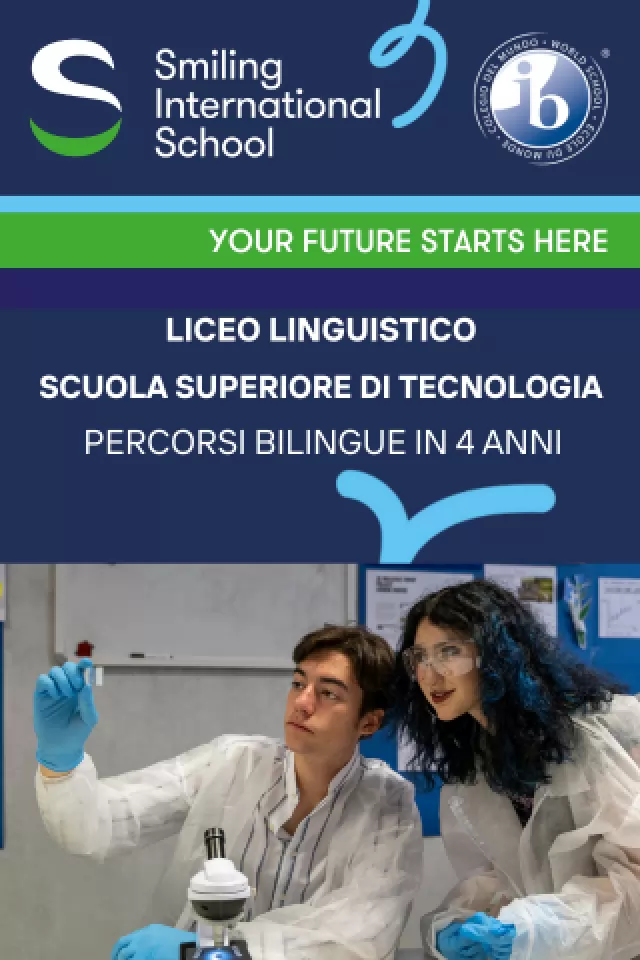Thumbs up for the new general market
The dream of Vittorio Bocca is to make artichokes fly. Bocca is the chairman of CAR, short for Centro Agroalimentare di Roma, the enormous, brand-new wholesale fruit, vegetable and fish market that opened last November in the undulating countryside on the fringe of Guidonia east of Rome, just off the A24 Roma-LAquila motorway, but well before the toll gate.
It has replaced the old market on Via Ostiense near the Pyramid, and Bocca compares it to a smart car beside a tourist coach, since the former site covered only seven hectares, while the new one sprawls out over 140 and is perhaps the biggest in Europe. Given its strategic position on the motorway network, served by two ports, Gaeta and Civitavecchia, and two airports, Fiumicino and Ciampino, he envisions that it will soon become a hyphen between the Mediterranean and the rest of Europe, as well as a new junction between the north and south of Italy.
It now has its own turn-off from the A24, while a link to the parallel Via Tiburtina has been held up by an exciting archaeological discovery: a stretch of the original consular road, the Tiburtina of ancient Roman times.
CAR is made up of three girder-roofed, tunnel-like halls lined with facing stalls. Two cater for wholesalers of everything from pineapples to pumpkins, while the third is a-swim with gilt-head bream and octopus. All the selling points are directly accessible to long-distance lorries, a fact which cuts out all the lorry-to-trolley unloading as well as yelling porters, dangerous crowding and pollution. Monitors display prices from the day before and health inspectors check on the freshness of the days offerings and on hygiene. In addition, a grandiose cash and carry hall is crammed with pre-packaged foodstuffs. Banks, bars, canteens and toilets also dance in attendance. But when it was all unveiled, pandemonium apparently broke out.
The old stall-holders were up in arms. Some of them were quite violent. They protested it was all too big, recalled Alessio De Amicis of the management, which is housed in a modern block. It took them a long time to get used to it, but now theyre settling down, especially with some of them finding theyre earning more money and customers than before. Theyre also seeing the advantages of working in a place in line with EU criteria. Nobody could say that of the old market.
But CAR, a joint stock corporation funded by Rome city council, Regione Lazio, the chamber of commerce and a platoon of private concerns, is not quite ready even now. A planned in-house hotel is still to go up, huge special platforms for large buyers such as supermarket chains are yet to be readied, and even opening times are still to be fixed. At present CAR only operates at night, as did the previous structure, and some wholesalers are reportedly clamouring for it to be thrown open all day long, to pull in more business.
No objection at all, replied the chairman Bocca. Ill fall in with whatever they want. But theyve still got to make up their joint mind.
A new plan of his will also give local operators a boost. All European markets offer more or less the same products, but I want Rome to start specialising in its own typical ones. I was in Rotterdam the other week, for instance. They send plane-loads of fish to us every day. In exchange, I want to send tonnes of Roman artichokes to Rotterdam by air of course.
The most daring idea thought up by this former civil servant in the prime ministers office, picked for his new job by Walter Veltroni, the mayor of Rome, is to turn CAR into Europes main centre for organic food, initially targeted at Germany, which has the worlds most ravenous appetite for it. He has kicked off his scheme already. At present, explained Bocca, organic items cost some 40 per cent more than standard ones, but he reckoned that by centralising the offer around CAR, the extra cost could be drastically lowered to 15 per cent, thus helping to widen a market currently restricted to an lite.
The main natural producers of such foods today, he went on, were African and South American states, but since their output at the moment fell far below European consumer standards, his ambitious plan was for Romes La Sapienza university and the United Nations Food and Agriculture Organization to lay on get-with-it courses for their farmers, thus benefiting their exports and European purses.
Where does the general public come in? It doesnt. A shopping centre on CARs perimeter is to open soon, but only holders of special swipe-cards can breach the barrier to the market proper, except, that is, on Saturday mornings, Boccas sole nostalgic concession to Romes past. So the little old ladies who used to hobble along every morning around 06.00 to fish for leftovers seem, sadly, to have hobbled off forever.
CAR, Via Tenuta del Cavaliere 1, 00012 Guidonia Montecelio (RM),
tel. 0660501201, www.agroalimroma.it.
Picture: The huge new market ha a strategic position on the motorway network.





















